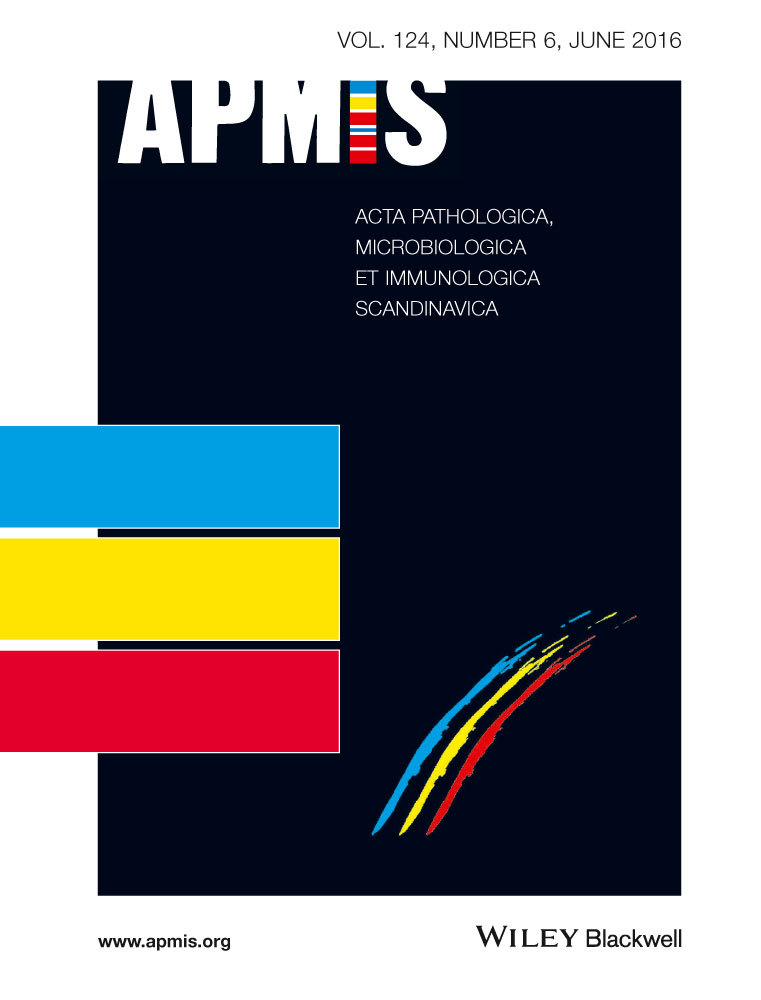Expression of Wntless in colorectal carcinomas is associated with invasion, metastasis, and poor survival
Abstract
Wntless also known as WLS, GPR177, or Evi, is a key modulator of Wnt protein secretion. Its overexpression is found in certain types of human cancers such as malignant astrocytoma and breast cancers. We hypothesized that this protein may be aberrantly expressed in colorectal carcinoma which also possesses aberrant Wnt signaling. To investigate the association between the expression of Wnt and clinicopathological parameters in colorectal carcinomas, a set of colorectal carcinoma tissue samples was analyzed for the expression of WLS using an anti-GPR177 monoclonal antibody specific for the WLS protein. High expression of WLS protein was observed in most colorectal carcinoma samples compared with nontumor mucosa in the same patients (117/201, 58.2%). High expression of WLS was associated with sex (p = 0.005), age (p = 0.009), depth of invasion (p < 0.001), lymph node metastasis (p = 0.026), and tumor-node-metastasis (TNM) stage (p = 0.003). No significant relationship between the expression of WLS and tumor location, size, and differentiation was found. The survival analyses showed WLS was an independent prognostic marker and that patients whose carcinoma exhibited high expression of WLS had a poorer outcome (p = 0.033). Our results indicate that WLS may play a role in invasion and metastasis of colorectal carcinoma. The WLS protein expression level may be used as a potential prognostic marker in colorectal carcinoma. Furthermore, the WLS gene may provide a novel target for therapy of colorectal carcinoma.




